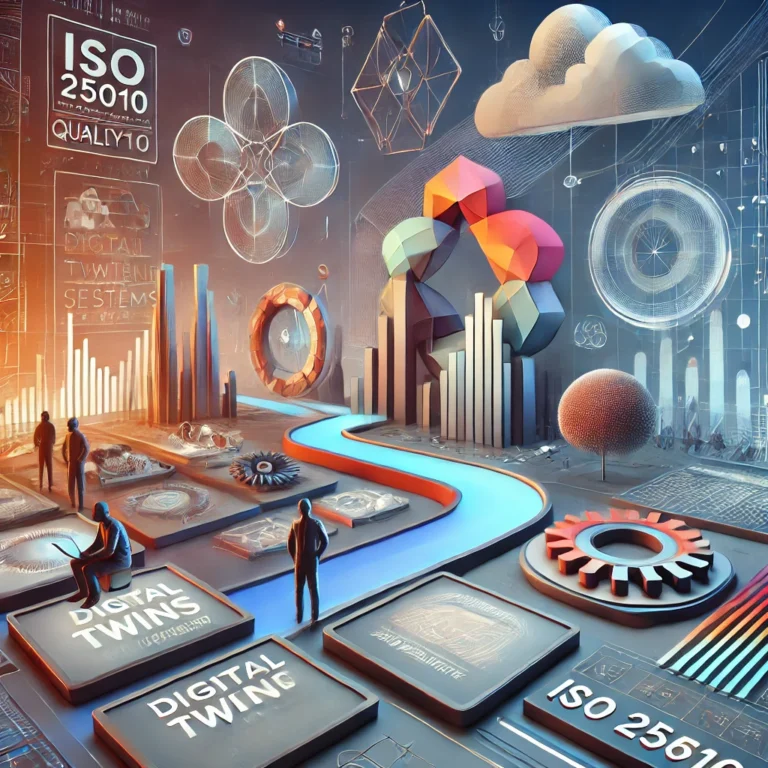In the age of Industry 4.0, business incubators have become more than just startup support hubs—they’re the launchpads for digital innovation. Especially in sectors like digital manufacturing, incubators are evolving into ecosystems that blend mentorship, cutting-edge tools, and collaborative expertise to supercharge entrepreneurial success. But here’s where it gets even more exciting: the rise of digital twins is transforming how products are developed, tested, and optimized—before a single prototype is made.
At their core, incubators are structured environments that help startups survive and thrive during their most vulnerable early stages. Rooted in theories of knowledge sharing and network effects, incubators offer collaborative spaces, expert mentorship, shared resources, and business development support. This model reduces risk and accelerates the path from idea to market-ready product.
When incubators focus on digital manufacturing, they unlock a whole new level of opportunity. Entrepreneurs gain access to IoT frameworks, advanced prototyping tools like 3D printing and CNC machines, integrated supply chain simulations, and valuable industry partnerships. These aren’t just business perks—they’re transformation tools.
Digital twins play a critical role in this transformation. A digital twin is a virtual replica of a physical product, process, or system. It enables real-time simulation, prediction, and optimization, allowing startups to test and improve their solutions without material waste or costly delays. This approach draws from systems theory and cyber-physical systems, where digital feedback loops continually refine physical outcomes.
Startups working within these incubators gain a competitive edge by validating products faster, building smarter systems, and accessing tailored funding and mentorship programs. Ultimately, they are not just accelerating their ventures—they are reshaping how manufacturing operates on a global scale.
The future of smart manufacturing belongs to those who can bridge the physical and digital worlds. Incubators and digital twins are the blueprint.






